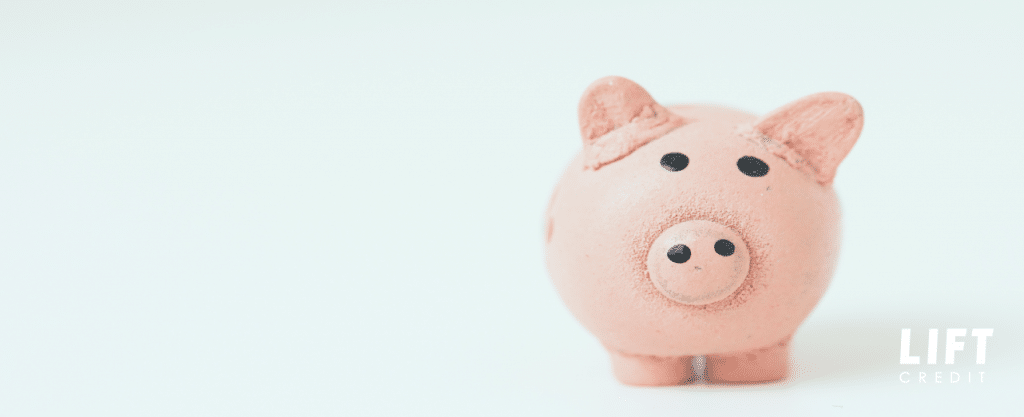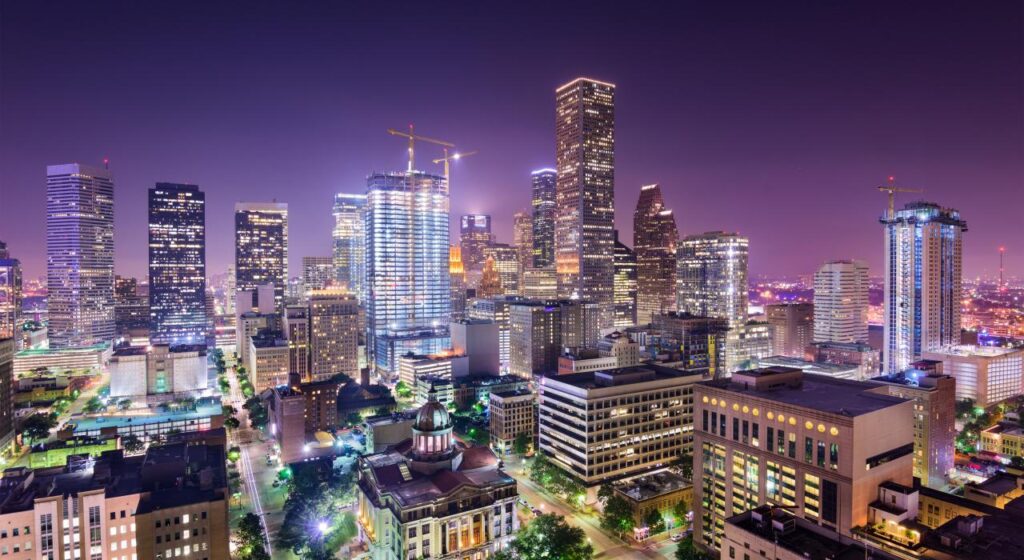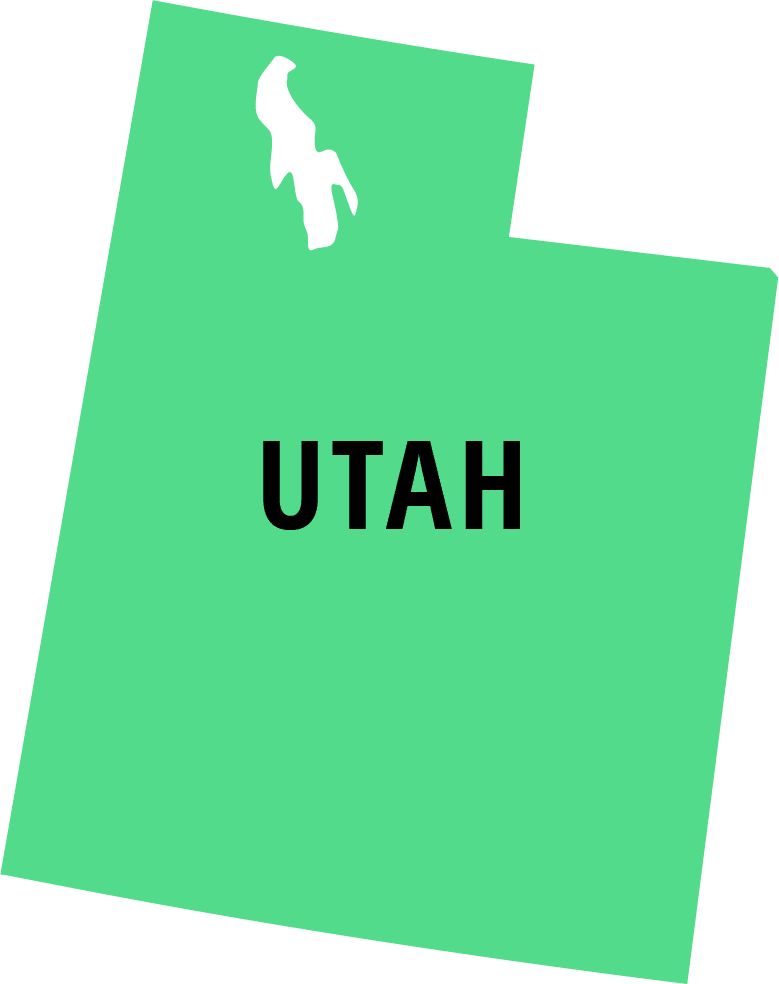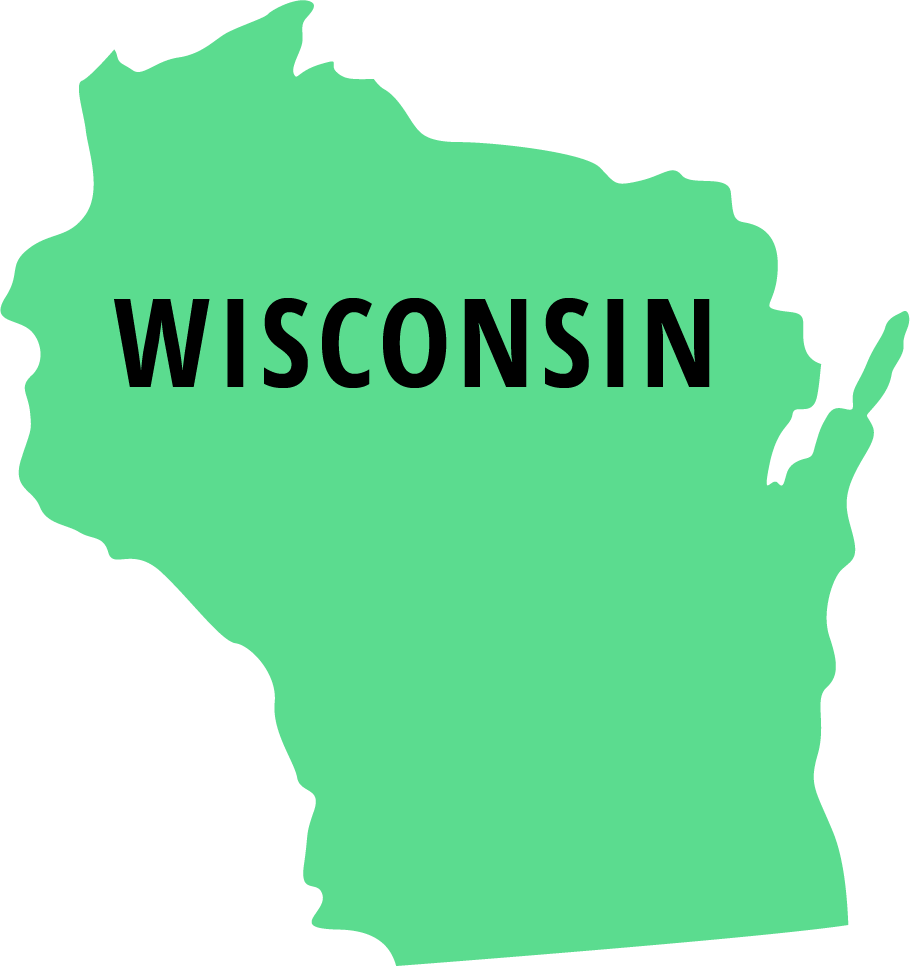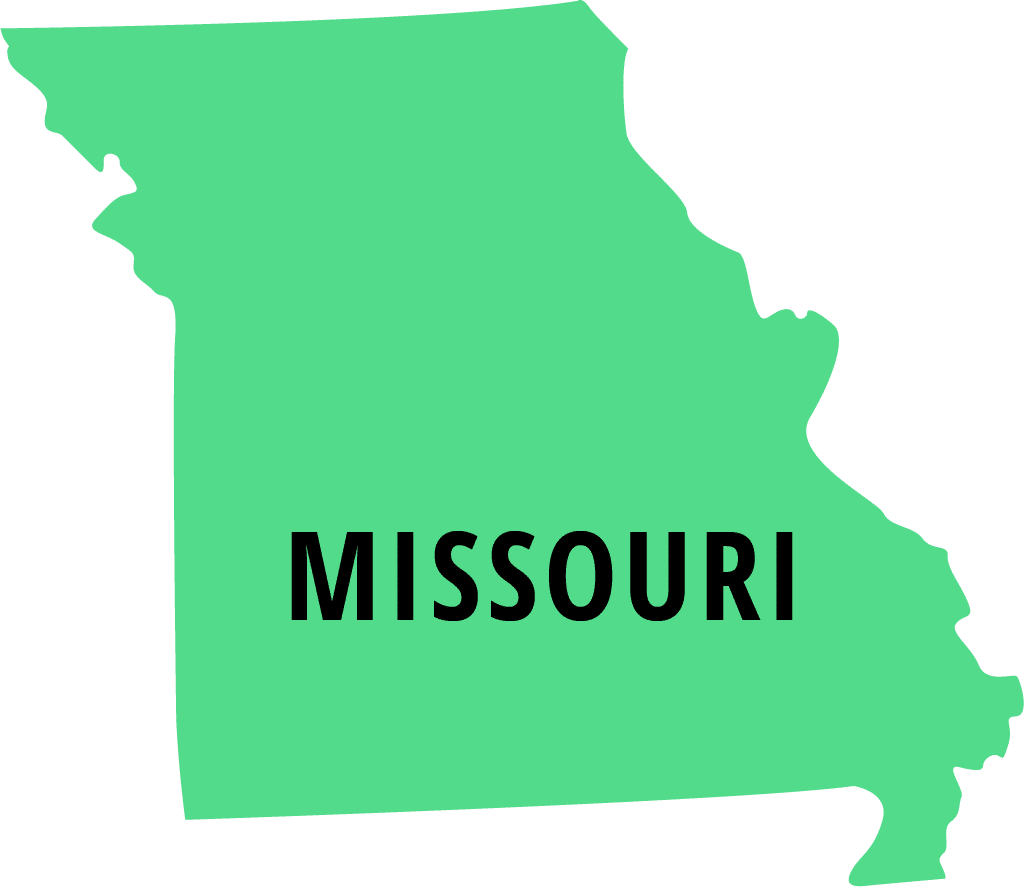Imagine a medical emergency happens either to yourself, a loved one, or even a beloved pet. Are you financially prepared? According to The Vanguard Group Inc., 26% of people surveyed have unpaid medical bills, while 22% have overdrawn their checking account.
While starting an emergency fund may seem like a daunting task, unfortunately, unexpected things happen to all of us. Whether it’s your car breaking down, a home repair, a vet bill, job loss, or unplanned travel expenses, it is essential to be prepared financially. Not only will it lessen the chances of going into debt, it will also decrease the stressful burden of ‘what if.’
To start, let’s go over the key components of what an emergency fund is:
- An amount of cash set aside (actual money in your bank account — not credit)
- That is only spent on emergencies
A financial emergency could be a pipe bursting in your home, a job loss, an expensive car repair, etc. It is not a new sale or vacation opportunity.
Think of an emergency fund like having car insurance. Ideally, you will never need to use it. While you would much rather use that money on new clothes or a vacation, you will be happy you have it when you need it most. An emergency fund provides peace of mind.
Benefits of Having an Emergency Fund
In addition to helping you prepare for a rainy day, having an emergency fund will actually provide more financial freedom. While that may sound counter-intuitive, when you don’t have to rely on credit for emergencies, you avoid building debt and you free up more money for the things that matter the most.
Without an emergency fund, any break-down, home repair, medical bill, or large bill that occurs usually gets put on a credit card or short-term loan. This halts any progress of paying down debt and allows debt to rise even more due to interest rates.
On the other hand, building an emergency fund requires a structured budget. Having a budget provides financial freedom because you will feel comfortable making a responsible purchase knowing you are prepared.
Having an Emergency Fund is a Necessity, Not a Luxury
Many people see emergency funds as just one more step to being more financially responsible. However, emergency funds should be viewed as an absolute necessity.
Think of an emergency fund as the brakes on your car. It stops you from crashing head-first into financial crisis. It’s your first line of defense against the unexpected life events that can threaten your family’s stability.
An emergency fund is not a difficult concept to understand, but it takes discipline to implement. To be successful, you have to change your mindset.
To shift your financial mindset, think of the unnecessary expenses and spending habits in your life presently and ask yourself several questions. What would happen if you were to change your spending habits? How much money would you be saving? Here are a few financial accountability questions to help change your mindset:
- Do you really need that magazine or tv subscription?
- Could you be spending money more wisely at the grocery store?
- Do you really need this item or do you just want it because it is on sale?
- Why do you need this item?
- If you were to walk away and come back to the store in two months, would you still want this item?
- Is this item a true investment or will it depreciate with time and use?
Financial discipline is one of the most difficult habits to learn. However, by keeping yourself accountable of wants vs. needs, it is achievable.
How to Start Your Emergency Fund
The only realistic way to build an emergency fund is to start with a family budget. Here are a few basic steps you can take to start your own budget and begin saving for your emergency fund:
- Determine your monthly expenses (account for everything) and write it all down on paper or in a spreadsheet on your computer
- Divide expenses into discretionary spending and necessary spending
- Lay out the exact amounts and dates of bills that have to be paid each month.
- Determine how much you want to save for your emergency fund each month (we discuss this in more depth below)
- Identify places you can cut back on your discretionary spending
- Set a three to six month, and yearly goal for your emergency fund. Write these amounts down somewhere you look often so you can hold yourself accountable.
- If possible, adjust the way you receive your paychecks to include small, automatic deposits into your savings account. This will prevent you from forgetting to transfer the money and accidentally spending it on non-emergency purchases.
How Much Money Do I Need in My Emergency Fund?
Most financial experts agree that you should have three months of expenses saved in an emergency fund (some recommend 6-9 months). Ultimately, the amount of money you need in your emergency fund will be dependent upon your life and financial situations. There is no “one size fits all” method. To help you decide what amount is right for you, ask yourself the following questions:
- What spending habits would I be able to change in the event of an emergency?
- Is my income stable and secure?
- What amount of monthly income do I need to feel secure?
- Who depends on me for financial stability?
- What financial risks could I face (home repair, car repair, health care deductible, etc.)?
The most important thing is that you actually start saving and that you have a goal to get the ball rolling. For example, a good goal is to save $1,000 in three months, $3,000 in six months, and $7,500 in a year.
Having even $500 in your emergency fund can get you out of many financial difficulties. However, make it your goal over time to contribute more and more to your emergency fund. You can start with small goals. The important thing is that you started.
Where To Put Your Emergency Fund
Since an emergency can occur at any time, having quick access is crucial. An emergency fund should be kept in your savings but separate from the bank account you use daily so you are not tempted to dip into your financial reserves.
In addition to a regular savings account, money market funds or high-yield savings accounts are also good places to store your emergency fund. They both allow you to access your money quickly and the money will earn interest over time:
- Money Market Fund – An open-ended mutual fund that invests in short-term debt securities. They are highly regarded as being almost as safe as bank deposits yet providing a higher yield.
- High Yield Savings Account – Deposit accounts offered through online or brick-and-mortar banks that pay a higher interest rate than traditional deposit savings accounts.
A Few Extra Tips
- Start by setting a small monthly goal. This will get you into the habit of contributing money to an emergency fund as well as see how your emergency fund goals contribute to your overall financial goals.
- Keep accountability within your checking account. If you have money left over at the end of a pay period, move that money into your savings. However, if you have no money left over, look to cut entertainment and other unnecessary costs.
- Think about supplemental income. If you have the time, get a second job or minimalize and sell unused items. Starting a side hustle involving something you are passionate about will allow you to have fun and earn some extra cash.
- When necessary, reassess your contributions. If you find yourself with an excess of money or a minute amount of money at the end of a pay period, readdress your financial goals and savings contributions to be more or less than your original goal.
Closing Thoughts
An emergency fund should be in your financial plans to allow for peace of mind and to stay out or get out of a cycle of debt. Through a structured budget, financial goals, and discipline, you are taking a big step toward financial success.
Lift Credit understands that life circumstances will happen as you build your emergency fund. That is why we believe you deserve a reliable way to pay for your emergencies that will not dig the hole of debt deeper. Through an easy application process, customized payments, and rewards for on-time payments, you can further your peace of mind surrounding unexpected emergencies.


